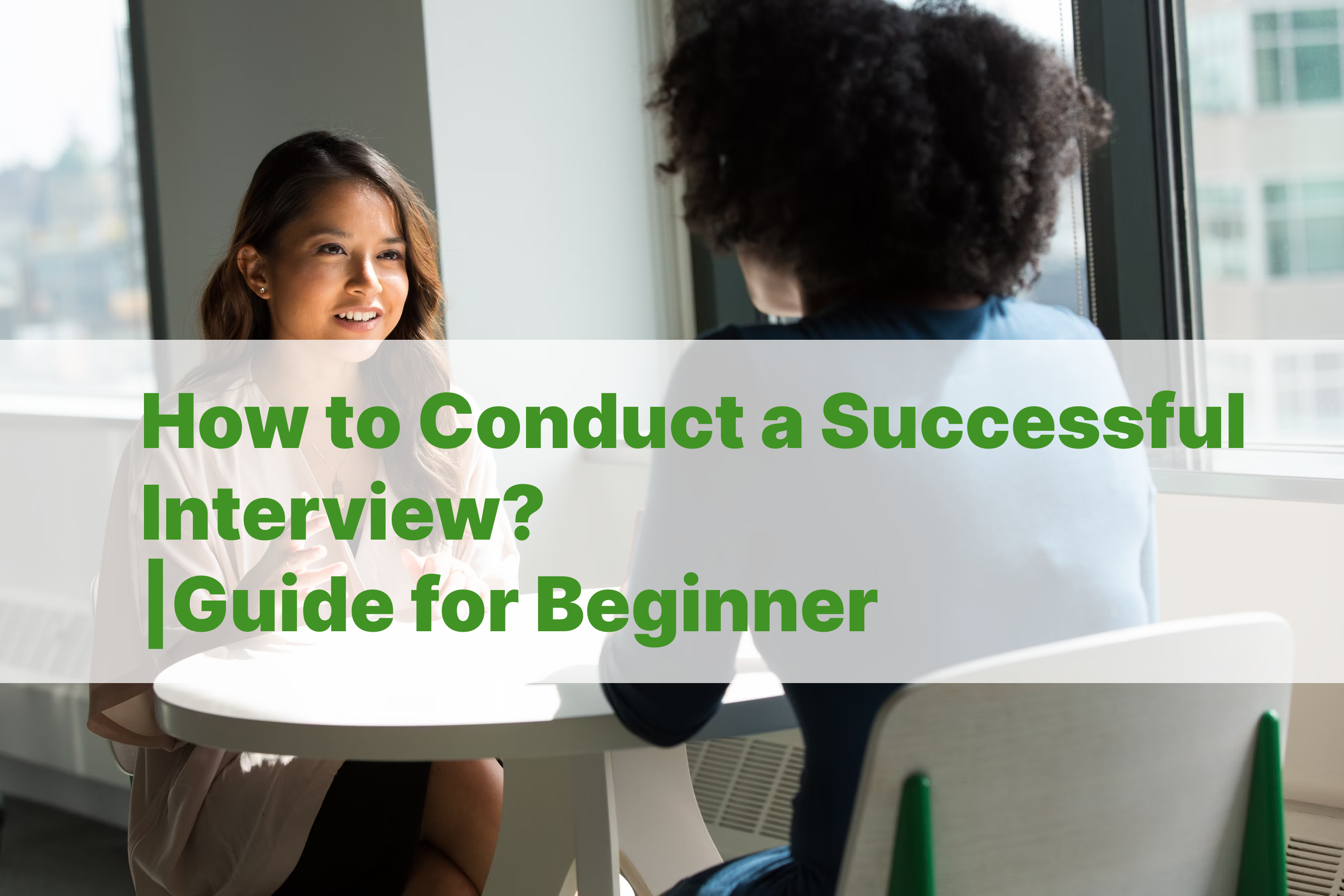Are you looking to conduct a successful interview? Whether you are a journalist, an employer, or simply curious about someone’s life story, conducting a well-prepared and professional interview is crucial. In this article, we will provide you with valuable tips and insights on how to conduct a successful interview. From the tips on How to Interview Others to Organizing the Manuscript After the Interview, we’ve got you covered. Let’s dive in!
5 Tips on How to Interview Others
1.Prepare in advance
Before conducting an interview, it is essential to research and familiarize yourself with the topic or the person you will be interviewing. This will help you ask relevant and thought-provoking questions, which will result in a more engaging interview.
2.Create a comfortable environment
It is important to establish a comfortable and relaxed atmosphere for the interviewee. This will help them feel at ease and open up more during the conversation. Choose a quiet location and ensure that any necessary equipment is set up beforehand.
3.Active listening
During the interview, make sure to actively listen to the interviewee’s responses. This will allow you to ask follow-up questions and delve deeper into interesting topics. Avoid interrupting or dominating the conversation, as it may hinder the flow of information.
4.Ask open-ended questions
Instead of asking yes or no questions, try to ask open-ended questions that require more detailed and informative responses. This will encourage the interviewee to share their thoughts, opinions, and experiences, resulting in a richer and more engaging interview.
5.Maintain professionalism
It is important to maintain a professional demeanor throughout the interview. Be respectful, polite, and avoid biased or offensive comments. Remember that your role is to facilitate the conversation and extract meaningful information from the interviewee.
5 Things to Pay Attention to During Interviews
During the interview process, paying attention to certain aspects will greatly contribute to its success. Here are five things you should pay attention to:
1.Body language
Observe the interviewee’s body language, as it can provide valuable insights into their emotions and reactions. This can help you gauge their level of comfort or discomfort, and adjust your approach accordingly.
2.Non-verbal cues
Pay attention to facial expressions, gestures, and tone of voice. These non-verbal cues can reveal deeper emotions and add context to the interviewee’s responses.
3.Timing and pacing
Be mindful of the pace of the interview. Give the interviewee enough time to respond to questions without rushing them. On the other hand, avoid long pauses or allowing the conversation to drift off-topic.
4.Active engagement
Show genuine interest and engagement throughout the interview. This will encourage the interviewee to share more and create a positive and productive atmosphere.
5.Clarification and follow-up
If there are any unclear statements or points, don’t hesitate to ask for clarification or follow-up questions. This will ensure that you have a thorough understanding of the interviewee’s responses.
How to Organize the Manuscript After the Interview?
Once the interview is over, it is crucial to organize the information gathered effectively. Here is a step-by-step guide on how to organize the manuscript after the interview:
Transcribe and review the interview: If you have recorded the interview, transcribe the audio or video recording into written form. Review the transcript carefully to ensure accuracy.
Identify key points: Highlight or underline the key points, quotes, or anecdotes that stand out from the interview. These will serve as valuable material for your final piece.
Create an outline: Based on the key points and themes identified, create an outline for your manuscript. This will help you structure your article or report in a cohesive and logical manner.
Expand on the main ideas: Start fleshing out your manuscript by expanding on the main ideas and incorporating relevant quotes and information from the interview. Ensure a smooth flow of ideas and maintain a coherent structure throughout.
Proofread and edit: Once you have completed the manuscript, review it for any grammatical or spelling errors. Edit the content for clarity, conciseness, and readability.
Interviewing foreigners? Use “Felo Translator” for real-time translation!
Felo Translator can translate and transcribe each other’s words in real time, providing you with text containing both original and translated content, making interviewing foreigners a breeze.
Felo stands out with its perfect balance of speed and accuracy, thanks to the application of GPT-4 and Real-Time Rewrite Translation (RRT) technologies.
If you need to interview foreigners, please give Felo Translator a try.The iOS version is available for a free trial, and the Android version is currently in beta, offered completely free. (Check details here: iOS | Andriod

Conclusion
Conducting a successful interview requires careful preparation, active listening, and professionalism. By following the tips outlined in this article, you will be on your way to conducting informative and engaging interviews. Remember to organize the collected information effectively after the interview to create a compelling piece. If you need to interview foreigners, give Felo Translator a try!
Happy interviewing!
Check Our Official Blog for The Latest Information:https://news.felo.me/
